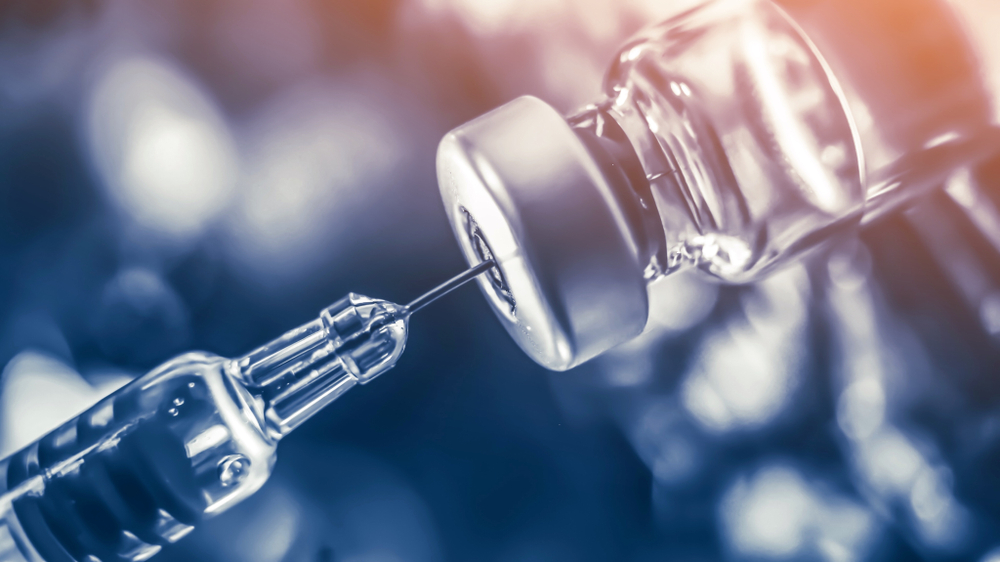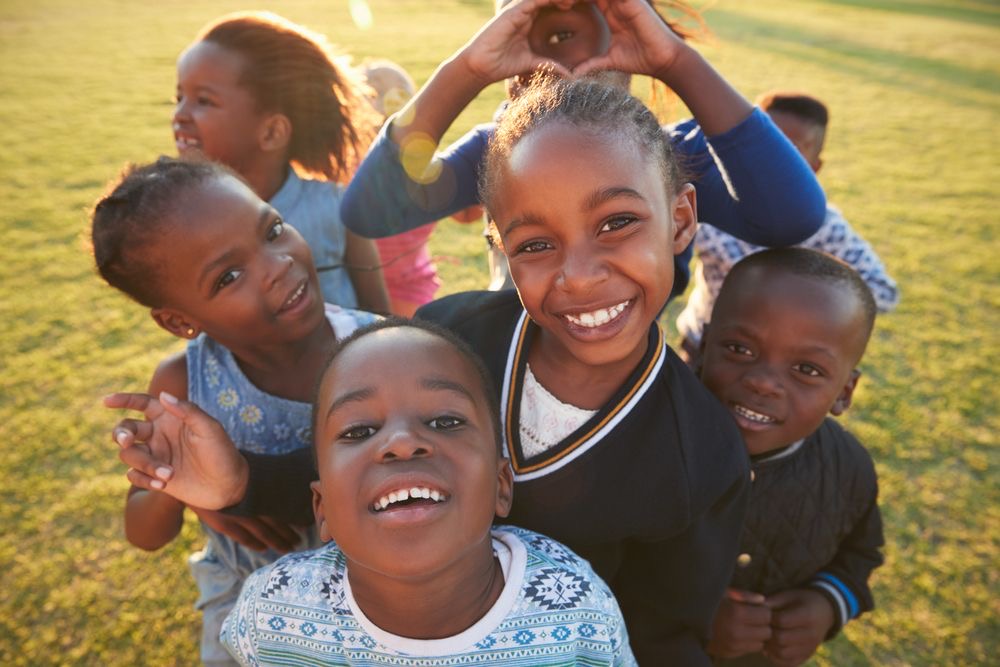A shot in the arm for global solidarity
Fairer, faster access to COVID-19 vaccines is how we end this pandemic and get the Sustainable Development Goals back on track.
SARS-CoV-2, measuring approximately 100 nanometers in diameter, continues to wreak havoc on sustainable development, preying upon inequities, thriving in the face of division and challenging our resolve. COVID-19 and the other multidimensional challenges before us appear daunting – not least rising poverty, growing inequalities and a climate crisis that is now “widespread, rapid, and intensifying”, according to the Intergovernmental Panel on Climate Change. If the sprint towards recovery and a reimagined future is a race between science, solutions and solidarity, we must ensure a three-way tie for first. However, right now, solidarity must rapidly pick up the pace.
Since the virus first swept across borders and boundaries, the global community has rallied to mobilise resources to fight a pandemic that is upending the way we live, work and cooperate. Perhaps most striking has been the development of multiple safe and effective vaccines in record time. The World Health Organization continues to lead from the front – from helping countries prepare and respond to the pandemic to getting vital supplies to the front-line health workers to supporting the world’s poorest and most vulnerable people. And a first-of-its-kind platform, the Access to COVID-19 Tools Accelerator and its COVAX facility, is expediting the development and manufacture of vaccines while advancing fair and equitable access for every country in the world.
Yet the world faces what the World Economic Forum calls an alarming “equation of inequity” that reveals glaring deficiencies in solidarity. By 6 October 2021, just 3.75% of people in low-income countries were vaccinated compared with 61% in high-income countries. The lack of accessible and affordable vaccines for all is driving new infections, avoidable deaths and suffering while Delta and other variants trigger new setbacks. Without urgent action to make vaccines a global public good, affordable and accessible to everyone, COVID-19 vaccine inequity will delay the end of the pandemic and result in a two-track socio-economic recovery.
Global solidarity needs a shot in the arm to boost vaccine equity. Part of the solution lies in plainly outlining the extent to which vaccine inequity is damaging both nation-states and the global community. The Global Dashboard for Vaccine Equity, a collaboration of WHO, the United Nations Development Programme and the University of Oxford, does just this. To accelerate universal access to vaccines, it is empowering governments, policymakers and other partners with new data and analytics on how vaccine inequity affects our prospects for recovery. It illustrates that without immediate global financial support, low-income countries would have to increase their healthcare spending by 30% to 60% to fully vaccinate 70% of their populations. High-income countries would have to increase their spending by just 0.8% to achieve the same results. Yet we know it is also about how and when these finances are spent.
The dashboard also lays out alternative scenarios. Consider Mozambique, with the highest relative increase in public debt to gross domestic product ratio due to vaccine procurement costs. The projected increase in public debt of $367 million due to vaccine costs could alternatively provide healthcare for 9.2 million people, or 29% of the population.
The new data also demonstrate that a global acceleration in scaling up vaccine manufacturing and sharing enough doses with low-income countries would pay massive dividends – adding $38 billion to their GDP forecast for 2021 if they had similar vaccination rates to high-income countries. Moreover, this would dovetail with debt relief and other liquidity measures, such as the International Monetary Fund’s $650 billion special drawing rights allocation, allowing all developing countries to play a full part in the global green recovery.
The United Nations, led by WHO, is driving critical efforts to roll out vaccines more rapidly and equitably in developing countries. UNICEF is working with manufacturers and partners on procuring COVID-19 vaccine doses, as well as freight, logistics and storage. Already the world’s largest single vaccine buyer, UNICEF procures more than two billion doses of various vaccines annually for routine immunisation and outbreak response on behalf of nearly 100 countries. Other UN agencies bring their unique added value to the table. UNDP is helping governments to deploy digital solutions to boost vaccine delivery, use data analytics to drive greater equity and ‘green’ COVID-19 vaccination by scaling up reliable clean energy solutions.
As Dr Tedros Adhanom Ghebreyesus, WHO director-general, has put it, “economically, epidemiologically and morally, it is in all countries’ best interest to use the latest available data to make life-saving vaccines available to all”. In helping to advance this objective, the new insights from the Global Dashboard for Vaccine Equity can provide a booster shot for global solidarity by demonstrating how universal access to vaccines will drive progress across the Sustainable Development Goals – our collective North Star to guide us out of this pandemic. Vaccine equity will also leave a legacy of strengthened health systems and breakthroughs towards universal health coverage. Indeed, there is now a clear route forward. Rallying around the unifying strength of the UN, we need the urgent cooperation of vaccine manufacturers, vaccine-producing countries and countries that already have high vaccination rates to tackle the acute vaccine supply shortage in low- and lower middle-income countries. By rolling up our sleeves, harnessing the very best science, data and analytics, we can finally outpace this wicked virus and chart a course towards a sustainable recovery for all. ▪












